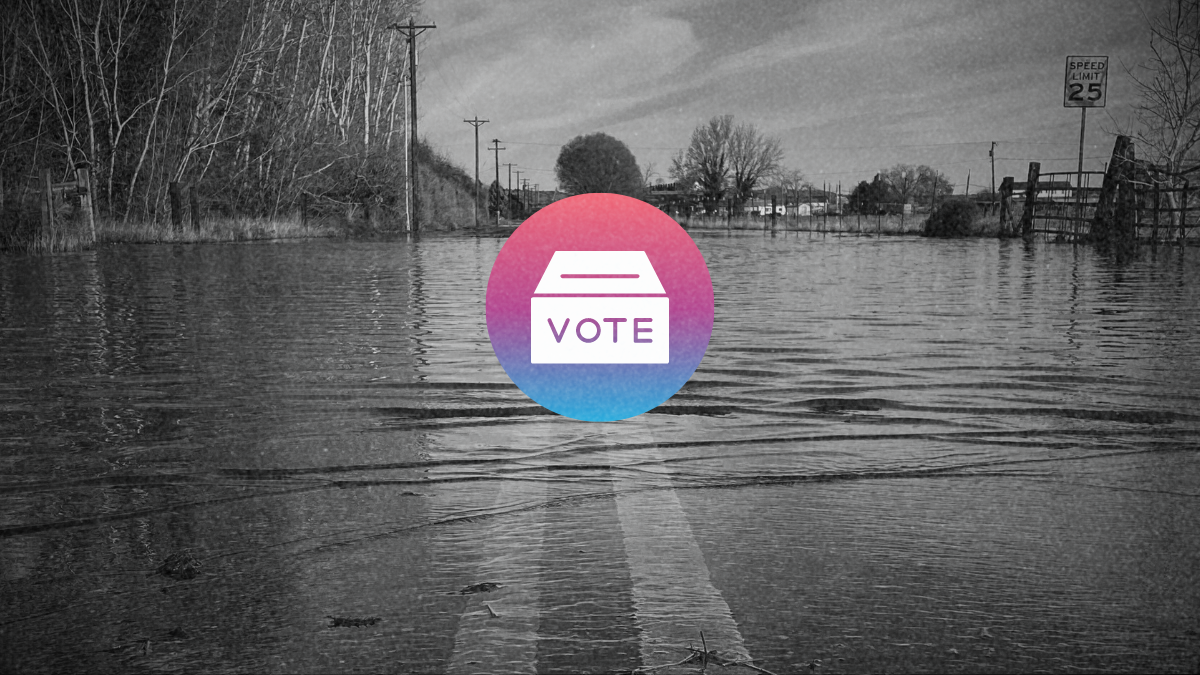Source: NCSBE
As recovery efforts from Hurricane Helene continue, North Carolina election officials are focused on ensuring that voters affected by the storm can still participate in the 2024 general election. The State Board of Elections has reached out to election officials in impacted counties in Western North Carolina to confirm their safety, assess damage to voting facilities, and evaluate how absentee and in-person voting might be affected.
Absentee voting is already underway, and in-person early voting will take place from Oct. 17 to Nov. 2. Election Day falls on Nov. 5.
“Our thoughts are with all those impacted by Hurricane Helene, especially in Western North Carolina,” said Karen Brinson Bell, executive director of the State Board of Elections. “In times of disaster, our principle is simple: ‘We don’t stop elections; we figure out how to continue.’ We are committed to ensuring that every eligible voter has the opportunity to vote, despite the challenges brought by the hurricane. Just as we’ve managed elections during past disasters, we will conduct a safe, secure, and successful election in 2024.”
To support voters in the affected areas, the State Board has set up a special webpage, ncsbe.gov/Helene, with updates on county board office closures, voter guidance, and general election information. This page will be regularly updated. Printed materials will also be distributed to voters in areas with limited phone or internet access.
Voters with questions about how to cast their ballots are encouraged to contact their county board of elections or the State Board by email at elections.sboe@ncsbe.gov or by calling (919) 814-0700. However, due to ongoing power and utility outages in some counties, responses may be delayed.
County boards in many areas of Western North Carolina are currently closed or have limited access. The State Board is providing emergency kits—referred to as “election offices in a box”—to help counties continue election preparations, including voter registration and absentee ballot processing, while utilities are being restored.
Under state law, the bipartisan State Board has emergency powers to adjust election procedures if a natural disaster disrupts the normal schedule. On Monday, the Board passed a resolution giving flexibility to 25 counties in the Helene federal disaster area to reschedule certain absentee ballot meetings that would otherwise have begun Tuesday. Additional meetings may be called as necessary to address ongoing issues.
Absentee voting may be significantly impacted in storm-hit areas, as the U.S. Postal Service has suspended mail delivery in parts of Western North Carolina. Voters who are displaced or unable to receive their absentee ballot can request a new one be sent to a temporary address or discard their absentee ballot and vote in person during early voting or on Election Day.
At present, election officials are not aware of any damage to voting equipment or printed ballots, though assessments are ongoing. Any changes to voting sites will be communicated once they are determined.
Voters should remember that North Carolina law requires photo ID for both in-person and absentee voting. However, those impacted by the storm may be eligible to fill out a Photo ID Exception Form if they are unable to provide ID due to the natural disaster. This applies to voters in the 25 counties under a disaster declaration.





